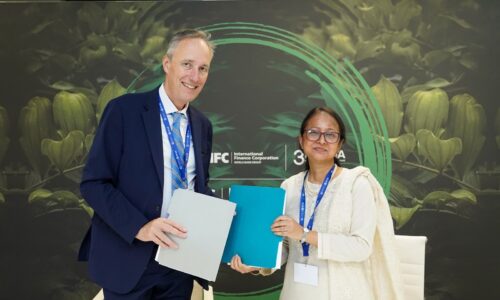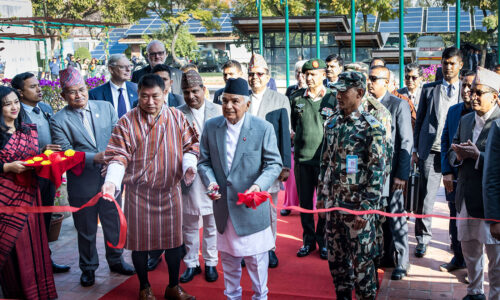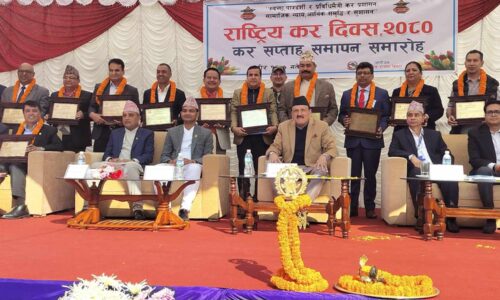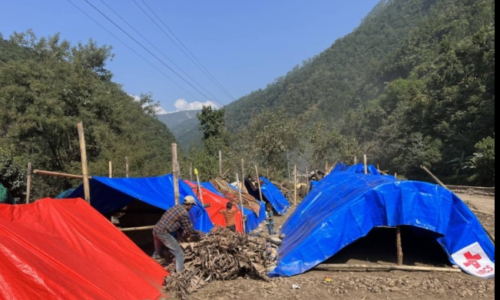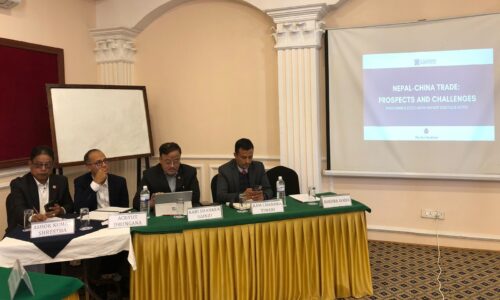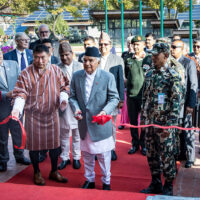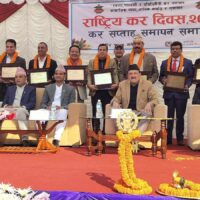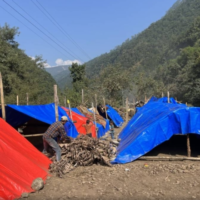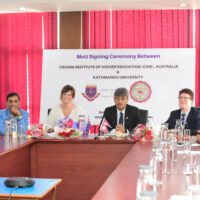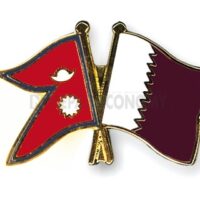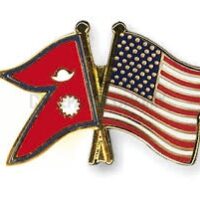Despite timely budget for the current fiscal year, the government has miserably failed to expedite the development projects that could have not only generated employment but also pushed the economic growth.
The government has been able to spend only Rs 2.82 billion, which is only 12.9 per cent of the total budget Rs 21.85 billion for the total 21 national pride projects.
The national pride projects include large-scale hydro – like 750 MW West Seti Hydropower and 456 MW Upper Tamakoshi Hydropower – irrigation projects – like Sikta, Ranijamara-Kulariya and Babai – and international and regional airports like Pokhara and Bhairahawa, and highways like Fast Track, Mid Hill Highway and Postal Highway but the delay in implementation, lack of coordination among various state agencies, problems in land acquisition have taken toll in the development, according to the mid-term review of the budget.
The three projects – Bhairahawa Regional International Airport, Second International Airport and West Seti Hydropower Project – have become the poorest performers with no spending, the report stated, adding that the West Seti Hydroelectric Project has not yet completed feasibility study, whereas second international airport in Nijgad has been delayed due to confusion on construction modality.
Similarly, Bheri-Babai Diversion Multipurpose Project – that could also generate 48 MW electricity and provide irrigation facility to 60,000 hectares of land in Bardiya and Banke – has also been able to spend only Rs 3.31 million out of its Rs 1.01 billion budget.
Babai Irrigation Project project was started in 1989 with an objective of irrigating 36,000 hectares of land, and Banke-based Sikta Irrigation Project is expected to irrigate some 42,766 hectares of land. Sikta Irrigation Project has been able to spend around quarter of its total budget of Rs 1.14 billion budget.
Likewise, Ranijamara Kulariya Irrigation Project has spent around 33 per cent of its total budget of Rs 1.25 billion.
Likewise, Kathmandu-Terai Fast Track Project – that has been allocated Rs 500.31 million for this fiscal – has been able to utilise only Rs 3.92 million that is less than one per cent of the total budget in the six month of the current fiscal year also due to private sector’s lack of interest in the project. The project was supposed to be constructed in public-private partnership model.
Yet another project that has become a prestige issue for the Asian Development Bank, Melamchi Water Supply Project, has been able to spend only Rs 638.50 million that is 12.18 per cent of its total budget of Rs 5.24 billion.
Of the five components of the Melamchi Water Supply Project, the tunnel – one of the major components – has started after a long disturbance and the project that took 15 years has set postponed the deadline for completion.
The report also stated that the national priority projects were selected without any solid basis. “The numbers of national pride projects increased but they have been just occupying huge resources without implementation,” it stated, adding that Mid Hill Highway has spent 17.12 per cent of the budget in the six months. “Only 1.5-km of track has been opened, with the gravelling of one-km being completed in the western sector of the 1,108-km long highway. Likewise, in the eastern section, only four-km road has been gravelled with eight-km being black-topped.”
The Postal Highway has been able to spent only Rs 153.65 million out of its total budget of Rs 2.21 billion, whereas Budhigandaki Hydroelectric Project has spent the largest above 60 per cent of its Rs 260.99 million budget followed by Pashupati Area Development Fund that has reported some 59 per cent spending, the report stated.
Under utilisation of budget by the development projects is a serious concern for the government,” finance minister Dr Ram Sharan Mahat said, addressing the mid-term budget review meeting here today. “If it continues, budget for underperforming projects would be transferred to other projects that are moving smoothly and demanding more funds for their speedy completion.
Surprisingly, all most all of the projects are under multi-year budgetary framework that needs no separate approval every year as they are prioritised.
National pride projects fail to perform, under utilise budget



